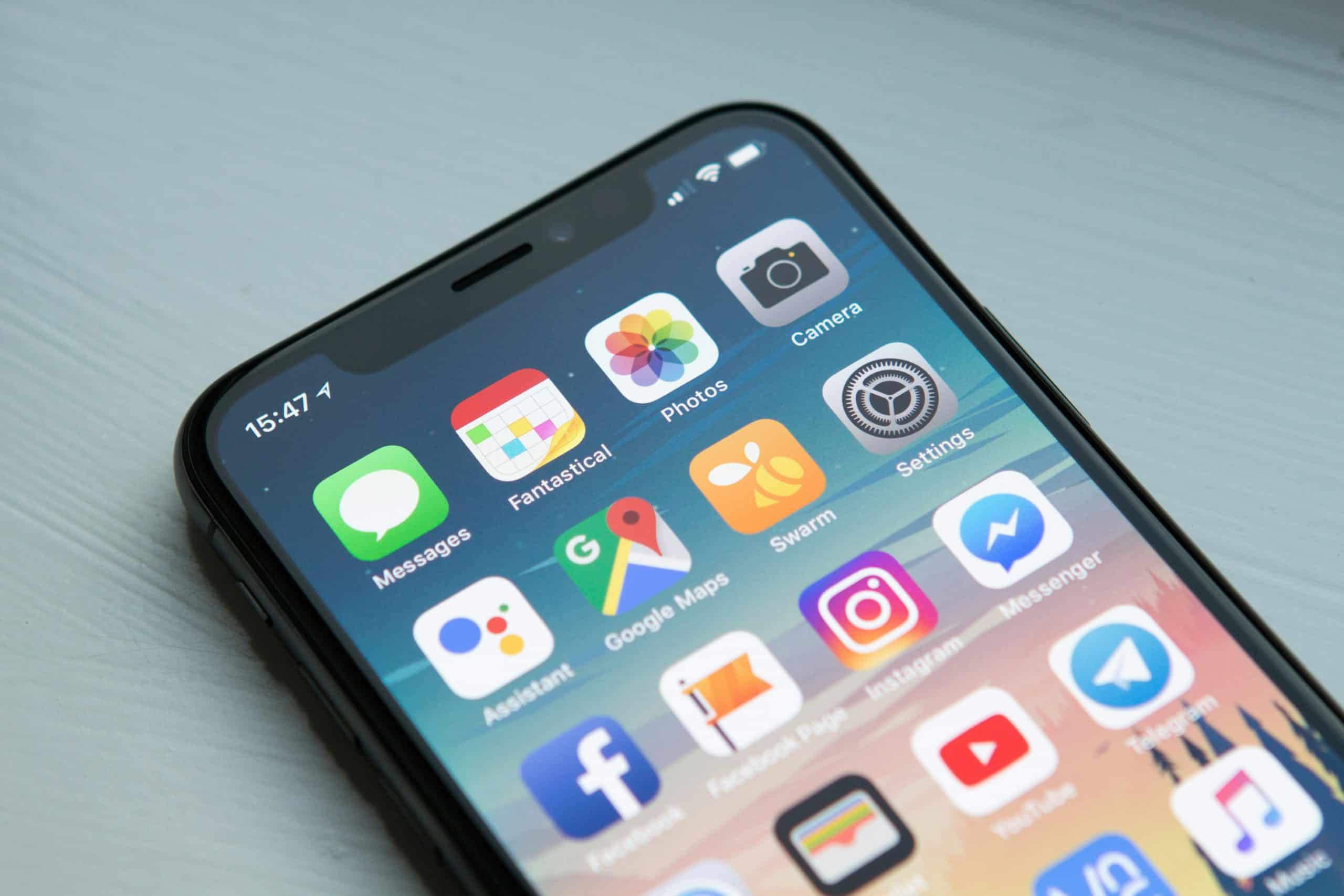Why Did a Once-Successful Mobile App Suddenly Lose Its Appeal?

In the dynamic world of mobile applications, it’s not uncommon for an app to quickly rise to prominence and then abruptly lose its appeal. According to recent digital trends, users’ interest in a once-popular Instagram account or Android app can wane just as rapidly as it initially grew. This article will delve into the factors that cause a successful mobile app to lose its charm and subsequently its user base. We’ll dig deep into aspects such as the application’s content, user support, access issues, and how the company’s actions can influence the app’s popularity.
A Decline in User Engagement
One of the foremost reasons why an app can lose its appeal lies in its lack of user engagement. An app, be it Instagram or any other, is a platform that thrives on the interaction among its users. If the app fails to foster engagement, users may gradually start to lose interest.
A lire aussi : What Were the Flaws in a Major Publisher’s E-Book Strategy?
An app’s content plays a significant role in maintaining user engagement. If the content becomes monotonous or doesn’t evolve with time, users may start to look for better alternatives. In the case of Instagram, for instance, if an account only posts similar content over a long period, followers may lose interest and stop engaging with the posts. The same applies to other apps where the content is the driving force.
User engagement also relies heavily on how the app manages to maintain a sense of community. If users feel disconnected from the community or feel that they are not being heard, they may begin to lose faith in the app. A lack of adequate support from the company can also contribute to a decline in engagement. When users face issues with the app, the time taken by the company to address these problems can significantly impact the user’s experience.
Sujet a lire : How to Create a Winning Social Media Campaign for Small Business Product Launches?
Inability to Innovate and Keep Up with Trends
In the fast-paced world of mobile applications, innovation is the key to survival. Apps that fail to innovate or adapt to the latest trends will eventually lose their appeal.
Take, for instance, the case of an Android app. Android, as an operating system, is continually evolving, and users expect their apps to keep up with these changes. If an app doesn’t, users may find it outdated and less appealing over time.
It’s also essential for an app to regularly update its features in accordance with user needs and preferences. If an app fails to do so, it may fall behind its competitors. For instance, if a photo-sharing app suddenly stops incorporating new filters or editing features that are trending among users, it will quickly lose its appeal.
Innovation is not just about adding new features but also about refining existing ones. Sometimes, even a minor tweak in the app’s functionality can significantly enhance the user’s experience, thereby increasing the app’s overall appeal.
Privacy Concerns and Data Breaches
In the digital age, privacy concerns are paramount. Any app that disregards user privacy is risking a huge loss in credibility and hence, appeal. Users are more aware and cautious about their online privacy than ever before. If they feel that an app is not taking adequate measures to protect their privacy or if there’s a data breach, they will not hesitate to abandon the app.
A single data breach can cause a significant number of users to uninstall the app immediately. This is especially true for apps that handle sensitive user data like email accounts, financial transactions, or personal photographs. Once the trust is broken, it’s tough to regain it.
Overwhelming Advertisements and In-app Purchases
Advertisements and in-app purchases are necessary evils in the world of free applications. They are essential sources of revenue for the company but can become a nuisance for the users if not handled properly.
If an app is bombarded with advertisements, it can significantly hamper the user experience. Frequent ad pop-ups can be disruptive and may lead the user to search for an ad-free alternative. Similarly, if an app constantly pushes in-app purchases or premium features, it can be off-putting for the users. Having a balanced approach is crucial here.
Remember, users understand the need for ads and in-app purchases. However, it’s the app’s responsibility to ensure that these do not interfere with the core functionalities and the overall user experience.
Lack of User Support and Communication
Good user support is a cornerstone of any successful app. The lack thereof can be a major reason for an app to lose its appeal. Users may come across various issues while using the app – it could be a log-in issue, a problem with processing transactions, or difficulty navigating through the app.
In such scenarios, if the users don’t get prompt and effective support from the company, they might feel neglected, leading to dissatisfaction. Remember, users value companies that value them. Your company’s ability to provide timely support to the users in their times of need can make or break their experience with your app.
Furthermore, communication is key. Regularly updating your users about new features, upcoming changes, or even downtime can make a lot of difference in how users perceive your app. If your company fails to maintain this line of communication, users might feel left in the dark and start to lose interest in your app.
The Impact of Policies and Terms of Service on App’s Appeal
A mobile app’s policies and terms of service are significant to its overall appeal. Users gravitate towards apps that have clear, fair, and user-friendly terms of service. If the rules become overly restrictive, it may discourage users and eventually cause them to lose interest.
Take, for instance, a social media app like Instagram. The Instagram app has various policies in place, such as community guidelines that users must adhere to. If Instagram arbitrarily changes these guidelines without notifying users or if the rules seem unfair, users may feel alienated. This could result in a significant loss in the Instagram account followers and activity.
The same applies to an app’s terms of service. If the terms of service are overly complicated or appear biased towards the app rather than the user, it can lead to dissatisfaction among users. Transparency in terms of service and policies is pivotal. Users should feel that the app is looking out for their best interests and not just for the benefit of the company or third party.
An app’s handling of user data also comes under its policies. If the app shares user data with a third-party without the user’s explicit consent or if the terms of service allow the app to use user data in a way that the user is uncomfortable with, this can lead to severe dissatisfaction and a subsequent decline in the app’s appeal.
Conclusion: Maintaining the Appeal of a Mobile App
In the fast-paced digital age, maintaining an app’s appeal is a continuous process. It’s critical to keep in mind the factors that can influence an app’s popularity and work towards ensuring these factors are managed effectively.
Regularly updating the app, fostering user engagement, respecting user privacy, and maintaining clear and user-friendly policies and terms of service are some of the ways to ensure an app remains appealing to users. A strong support team that can assist users when they encounter issues can also greatly enhance an app’s appeal.
Remember, the key to maintaining an app’s appeal lies in understanding and respecting the user’s needs and preferences. Regular communication with users about updates, changes, and even issues can go a long way in maintaining user trust and interest.
Finally, while advertisements and in-app purchases can be a source of revenue, they should not hinder the overall user experience. A balanced approach is necessary to ensure that users have a smooth and enjoyable experience while using the app.
In conclusion, a mobile app’s appeal does not solely rely on its features or content. It also hugely depends on how the app treats its users, how it adapts to changes, and how it respects and protects its users’ interests. An app that consistently does these will not only retain its appeal but will also grow and succeed in the competitive world of mobile applications.
